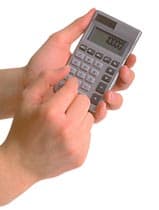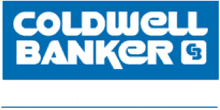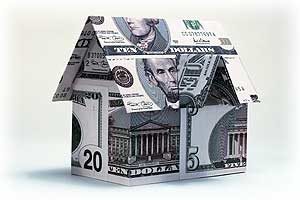Understanding The Related Costs of Home Buying
According to Will Rogers, property is a great investment because nobody’s making any more. That is as true today as it was in the early 1900s when Will Rogers made the statement. Today, however, you’ll need to think about more than a mortgage payment to determine if you can afford a home. To assure you are purchasing a home within the confines of your budget, you must consider closing costs as well. How much can you afford? Coldwell Banker®professionals provide some insight.
First calculate the estimated mortgage payment
 Several formulas exist to help determine how much a lender will allow a consumer to borrow. One of the more accurate formulas is a front- and back-end ratio. It states that the buyer can afford as much as 28 percent of his or her gross-monthly income toward the monthly mortgage payment, assuming that the consumer’s other debt payments (credit cards, car loans, student loans, etc…) are less than or equal to 8 percent of his or her gross-monthly income.
Several formulas exist to help determine how much a lender will allow a consumer to borrow. One of the more accurate formulas is a front- and back-end ratio. It states that the buyer can afford as much as 28 percent of his or her gross-monthly income toward the monthly mortgage payment, assuming that the consumer’s other debt payments (credit cards, car loans, student loans, etc…) are less than or equal to 8 percent of his or her gross-monthly income.
To better understand this formula, assume a gross-family income of $5,000 a month. The front-end ratio or maximum monthly mortgage payment is (28 percent of $5,000) $1,400. The back-end ratio is (8 percent of $5,000) $400. Therefore, the buyer can afford a $1,400.00 monthly mortgage payment as long as monthly debt payments are less than or equal to $400. If debt payments exceed the back-end ratio, it will reduce the monthly mortgage payment dollar for dollar. For example, if debt payments are $500, the maximum monthly mortgage payment a person could afford would be reduced to $1,300.
The Coldwell Banker® award-winning Web site provides other calculators and tools to help consumers better understand the mortgage process, including a mortgage calculator which allows consumers to project monthly mortgage payments.
Down Payment and Closing Costs
These terms refer to how much money the buyer will have to pay out of pocket and up-front to purchase a home. Down payment is simple; it refers to the amount of money the buyers needs to invest at closing toward the price of the home. Most lenders request a down payment of at least 20 percent of the cost. For first-time homebuyers, this may be difficult to achieve. Several programs are available and relatively easy to qualify for that allow buyers to make down payments of as little as 3 percent of the price of the home. Consumers can evaluate their options with the Coldwell Banker® Mortgage program or their lender.
Closing costs vary from state-to-state, city-to-city and even from home-to-home. Closing costs can include attorney fees, home inspection costs, title search fees, bank fees, termite inspection fees and radon inspection fees, to name a few. The mortgage lender requires some of these services and others are legally necessary depending on where the buyer lives. To better understand the necessary closing costs in the area they are looking to buy in, consumers can contact their local Coldwell Banker office. For the sake of estimating, closing costs can range from 1 to 5 percent or more of the value of the home.
While up-front costs are more than one would pay for renting, homeownership can still be a sound investment and certainly an emotionally rewarding experience. After all, a cozy home and a piece of land to call your own are as much a part of the American landscape as Will Rogers is.
When you’re ready to move to the next step, be sure to contact me – I can make all the difference.
Search the MLS Database in New Jersey

